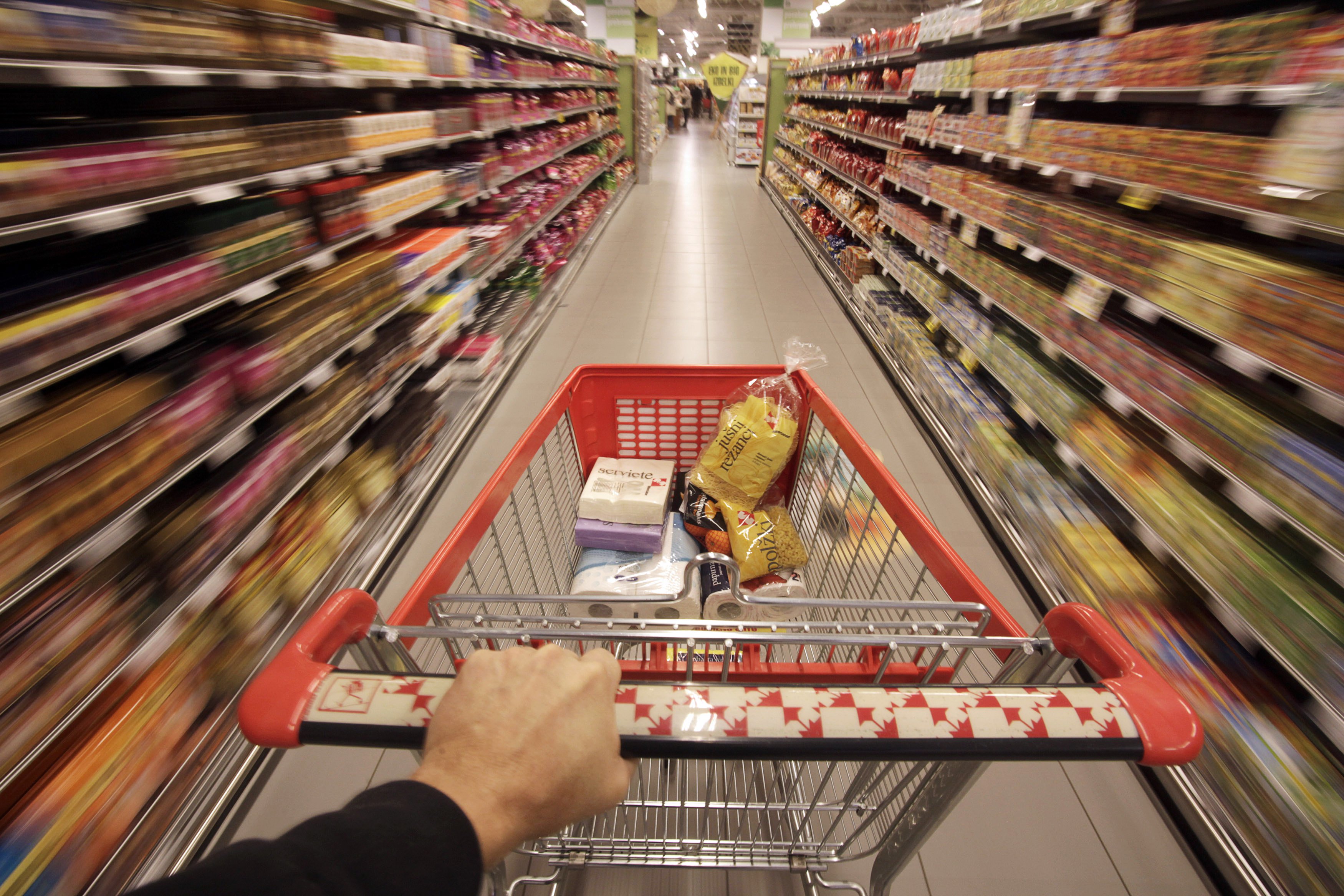
The National Assembly Standing Committee on Finance on Wednesday set up a special panel to look into the reasons for the increase in inflation and suggest measures to curb it after the finance ministry could not share its strategy with the standing committee.
Standing committee Chairman Asad Umar said that it was in the interest of the government if the State Bank of Pakistan (SBP) Governor Dr Reaz Baqir and Adviser to Prime Minister on Finance Dr Abdul Hafeez Shaikh appear before the committee and inform how they will contain inflation.
The Pakistan Bureau of Statistics (PBS) on Wednesday released the first inflation bulletin on the basis of new methodology and a new base year for calculating the increase in prices of goods and services.
Based on the new methodology and base year 2015-16, the national Consumer Price Index rose to 10.5% - up from a month earlier level of 8.4%, said Behrawer Jan, Member National Accounts of the PBS. There was an increase of 2.1% in the inflation in a single month, which is a quite high ratio.
On the basis of old methodology and old base year of 2007-08, the rate of inflation in August was 11.63% as against 10.3% a month before, said the member national accounts.
However, on the basis of both the methodologies, the trend of inflation was going north.
The national core inflation rate was 8.2% according to the new methodology - up from 7.7%. The central bank determines the key policy rate on the basis of the core inflation rate. The discount rate is currently 13.25% - far higher than the core inflation rate. The central bank would announce a new monetary policy this month.
It will be very interesting to see whether the SBP will use the new base year numbers or the old base year numbers for its interest rate decision, said Umar during the standing committee meeting.
The rebasing exercise had started in 2014 that continued for four years. The new base year was initially supposed to be introduced from the fiscal year 2017-18 but the last Pakistan Muslim League-Nawaz (PML-N) government deferred it without giving reasons. The methodology has been changed while keeping in mind the consumer spending patterns, to include 27 rural markets in the inflation basket, introduce consumer weighted approach to determine gas and electricity tariffs and incorporate population weight.
The Urban CPI with the base year (2015-16) recorded an increase of 10.64% while Rural CPI with the base year (2015-16) recorded an increase of 10.27%. The CPI with the old base year (2007-08) recorded an increase of 11.63%.
The governing council of the PBS directed that the CPI for new base year 2015-16 will be published along with CPI for old base year 2007-08 for some time.
The government has also changed the weights of various groups of commodities. The weights of food group, housing, water, electricity & gas group, household equipment, transport, communication, recreation, and education have been reduced. The clothing & footwear group, health, restaurants, and other goods groups' weights in overall CPI basket have been increased.
As compared to 487 items that were monitored under the old base, the government would now monitor 600 items on a monthly basis to work out the inflation number. Out these 356 items will be monitored in urban centres and 244 in rural markets.
The standing committee took a briefing from the finance ministry about the status of inflation and measures that are needed to curb it.
The standing committee constituted a sub-committee that will look into the reasons for increase in inflation and recommend ways to contain it. The special panel will be headed by PML-N's MNA Dr Ayesha Pasha and comprise Hina Rabbani Khar of the Pakistan Peoples Party and Dr Ramesh Kumar of the Pakistan Tehreek-e-Insaf (PTI).
The committee also directed the finance ministry to inform it about the measures that have been taken to break the cartels operating in the sugar and wheat flour trading.
There was a rapid increase in inflation indices during the past few months and the committee wanted to know what steps had been taken to contain it, said Asad Umar.
The finance ministry would come out with a strategy to contain inflation and I concede that we do not have an adequate answer, said Finance Secretary Naveed Kamran Baloch.
To a question about future inflation path, Economic Adviser to the Ministry of Finance Dr Imtiaz Ahmad said that the inflation would go up in the first half of the year but would start easing out in the second half - a reply that Umar termed an anecdote that showed the finance ministry did not have an answer.
There is no bigger issue than inflation for the PTI government and it will be in the interest of the government if the SBP governor and adviser to the prime minister on finance personally come and give a briefing to the standing committee, said Umar.
Imtiaz said that the currency devaluation, increase in utility prices, increase in international commodity prices and additional taxation led to higher inflation during the past few months. He did not mention the role of collusion in the increase in prices of wheat flour and sugar.
The government has not addressed the question about how it will reduce the pace of inflation that has started killing people, said Dr Ayesha Ghuas Pasha of the PML-N. She said that it was cost-push inflation in the country but the central bank was applying policies that are meant to curb demand.
The PTI government in Punjab failed to provide relief to the people during the holy month of Ramazan and money meant for giving subsidies went into the pockets of few people, alleged PTI's MNA from Faisalabad Faizaullah.

















COMMENTS
Comments are moderated and generally will be posted if they are on-topic and not abusive.
For more information, please see our Comments FAQ